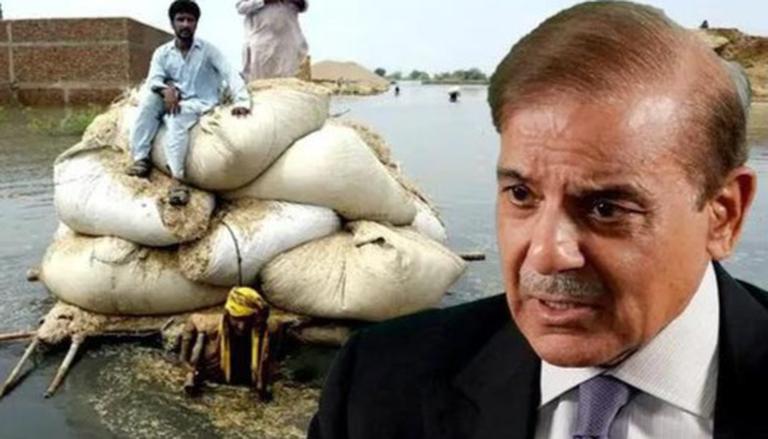In what may appear to be a worst-case scenario for Pakistan, thousands of containers packed with essential food items, raw materials, and medica
In what may appear to be a worst-case scenario for Pakistan, thousands of containers packed with essential food items, raw materials, and medical equipment have been held up at the Karachi port waiting for payment clearance as the country witnesses a foreign exchange crisis. According to a report published by Pakistan-based The Express Tribune newspaper, banks have refused to issue new letters of credit for importers due to a shortage of dollars, further worsening the country’s situation, which is already suffering due to increasing inflation in the country.
“I have been in the business for the past 40 years, and I have not witnessed a worse time,” said Abdul Majeed, an official with the All Pakistan Customs Agents Association. Meanwhile, the chairman of the customs association, Maqbool Ahmed Malik, said, “We’ve got thousands of containers stranded at the port because of the shortage of dollars.” He added that operations were down by at least 50 percent.
In Pakistan, economic crisis leads essential item containers on hold at Karachi port
The development comes as Pakistan’s State bank’s forex reserves dropped by less than USD six billion this week. Analysts have suggested that the reserves can only cover around a month’s worth of imports. Amid the faltering economy and depreciating currency, the Pakistani rupee has now lost its value against USD, falling to as low as Rs 227.88 against the dollar in the interbank market, the newspaper reported.
Notably, the downfall came after the Pakistani government failed to gain success in its talks with the International Monetary Fund (IMF) for the revival of its stalled USD 6.5 billion loan program. Pakistani currency has cumulatively lost 4.42 percent (Rs 10.09) of its value in the last three months, compared to Rs 217.79 in early October.
Furthermore, Finance Minister Ishaq Dar’s action to artificially control the rupee value in the interbank market has also contributed to the leading reasons behind the delay in the resumption of the IMF program. The worsening economic situation has forced the government to curb imports, badly impacting economic activities in the country. As a result of this dip, a number of industrial units have either partially closed or completely closed their operations amid the non-availability of imported raw materials.
Image: ANI
news.google.com
